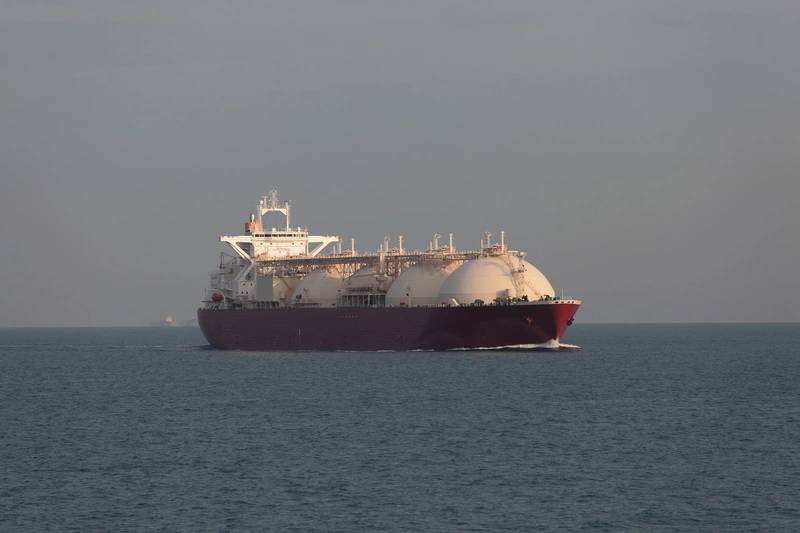Freeport Pushes Texas LNG Export Plant Restart to Year End
Freeport LNG on Friday again delayed the restart of the second-biggest U.S. liquefied natural gas (LNG) export facility, pushing start-up plans for its Texas plant to the end of the year, pending regulatory approval.
In November, the company said it was on track to restart the plant in mid December and get most LNG production back in January with a return to full service in March.

Freeport shut the plant on June 8 after an explosion that energy consultants said was the result of human error, inadequate operating and testing procedures and other factors.
"We received (on Thursday) several key approvals from the regulatory agencies that allow us to complete certain critical repairs and commence reinstatement of certain systems," Freeport LNG spokesperson Heather Browne told Reuters in an email.
"Based upon current progress, and subject to us continuing to meet necessary regulatory requirements, we now anticipate that the restart of our liquefaction facility to be achieved around year end," Browne said.
U.S. LNG exports have steadily increased for years, and that supply has become crucial to European buyers since Russia has mostly cut off the continent's natural gas exports in response to sanctions placed on Moscow for its invasion of Ukraine.
Freeport cannot start up until its plans are approved by the U.S. Department of Transportation's Pipeline and Hazardous Materials Safety Administration (PHMSA). Officials at PHMSA were not immediately available for comment.
Freeport has already pushed back the plant's expected restart several times since it shut. In June, the company expected to restart the plant in October. In August, they moved that to November, and then in November they moved the restart to December.
At full capacity, the plant can turn about 2.1 billion cubic feet per day (bcfd) of natural gas into LNG.
The United States is currently liquefying about 12 bcfd of gas into LNG at the country's six other big LNG export plants, according to data from Refinitiv.
The shutdown has forced Freeport's customers like JERA and Osaka Gas to book hundreds of millions of dollars of losses because they had to buy expensive LNG from other sources to supply their own customers.
In August, LNG prices hit record highs of more than $90 per million British thermal units (mmBtu) at the Dutch Title Transfer Facility (TTF) in Europe and nearly $70 at the Japan Korea Marker (JKM) in Asia.
That compares with an average of around $7 per mmBtu so far this year at the U.S. Henry Hub benchmark in Louisiana.
Freeport's other customers include units of BP, TotalEnergies and SK E&S. JERA is an alliance between units of Tokyo Electric and Chubu Electric.
(Reuters - Reporting by Kavya Guduru and Scott DiSavino; Editing by Marguerita Choy)
